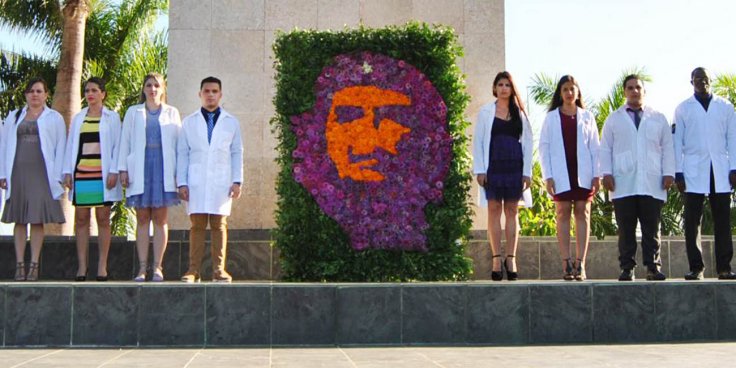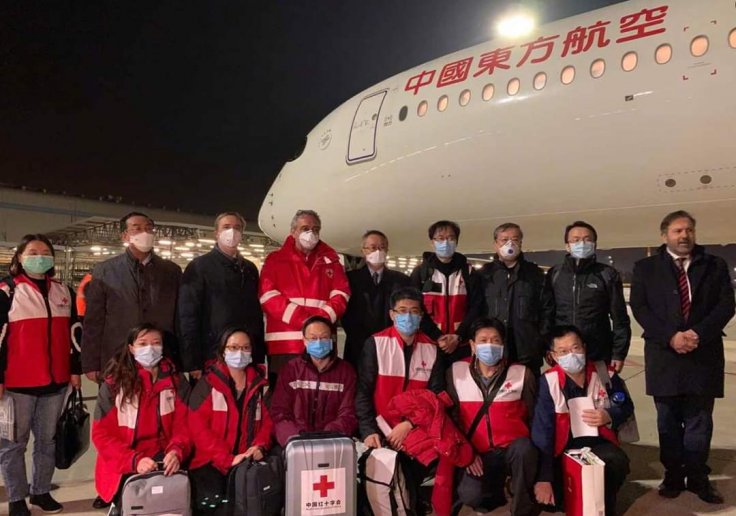Being a socialist country, despite having severe economic sanctions from the US, Cuba has emerged as a heroic figure to the world by sending medical professionals across the world and actively helping coronavirus ridden world.
French organization Cuba Linda on Tuesday nominated Nobel Peace Prize to the Cuban Henry Reeves medical brigades that are deployed to more than 20 countries as a health mission to fight COVID-19 pandemic, reported teleSUR.

As of Tuesday, the socialist country founded by Fidel Castro and Che Guevara sent doctors and nurses across 21 nations that includes South Africa, Italy, Honduras, Cape Verde, Suriname, and the Caribbean countries to name a few. It is a country with a free, universal healthcare system that is proactive basing itself on community response.
Blockade hurts Cuba
The Cuban government is now being refused orders after US blockade for artificial respirators and other medical equipment needed to fight the COVID-19. Even the freight company did not agree to ship material sent by China to Cuba, on the pretext that its main shareholder is a US company subject to the commercial embargo on Cuba, reported Le Courrier. Added to this since last September, Swiss banks suspended all international payments to Cuba following US blockade
Cuban help so far

Previously it was reported that long before Cuba had much coronavirus cases, the country had its medical troops across other nations, such as China when it used Cuban drug Interferon Alfa-2B that drives immunity to treat coronavirus patients.
A piece in RT by the former director of teleSUR English Pablo Vivanco says that Cuban medical professionals were welcomed by the US-allied governments in Latin America that once vilified Cuba and "kicked them out just months ago." They are similarly welcomed by European countries. After British ship MS Braemar was refused permission to disembark at many ports including the British ally US, Cuba came to the rescue and opened its shores to the ship that had COVID-19 cases.
How it became possible

Cuba stands third among the countries with the largest doctor to patient ratio, which is 67.2 doctors per 10,000 people. As cases rose by March, the country extended its shut down to many sectors including the tourism industry, which serves as a huge income for Cuba's economy. Even in such a condition, Cuba sent doctors to countries in need. To mention that these medical teams proved to be instrumental in controlling the Ebola outbreak in African countries that started back in 2014.
As of today, Cuba confirmed 1,437 positive coronavirus cases with 58 deaths, while about 575 already recovered. The country's median age is about 42, while most of their population is above 60. Vivanco writes that good amount of Cuban-trained doctors are in other countries, while graduates from other countries who received free education from the Havana's Latin American School of Medicine counts to 35,000 doctors, that is from 138 countries since 1999.
These efforts were appreciated by many like the former Prime Minister of Jamaica Percival James Patterson acknowledged Cuba's international assistance in tackling the pandemic. To note, Cuba offers medical assistance for free out of solidarity, while other countries pay for these services. Generally, exporting its medical teams also earns revenue for Cuba, almost $11 billion each year, that's more income than its tourism industry.








